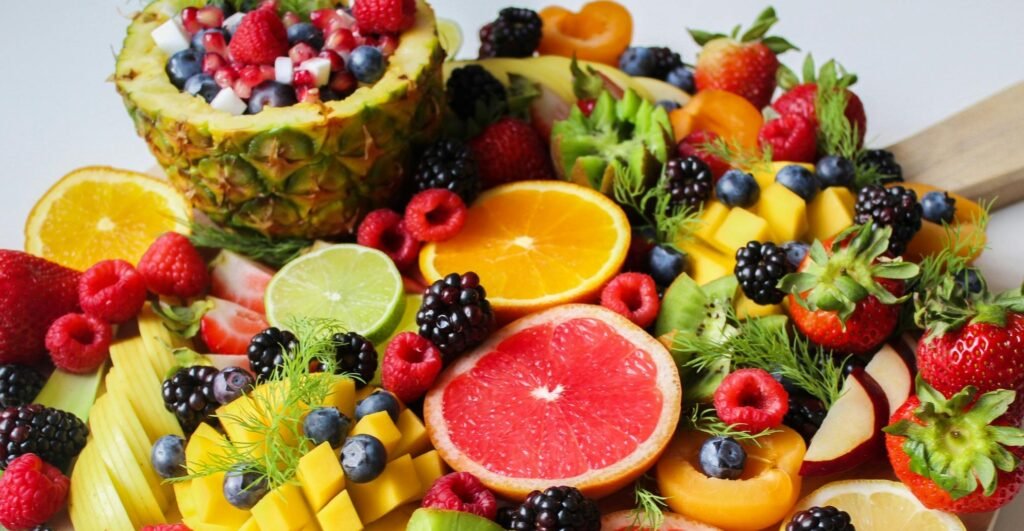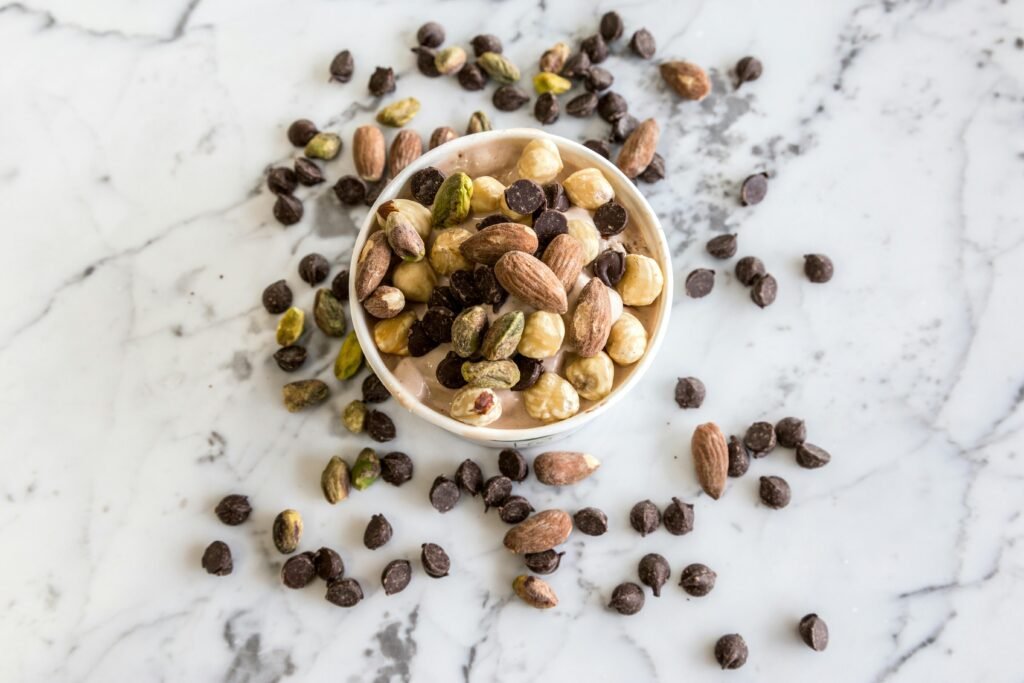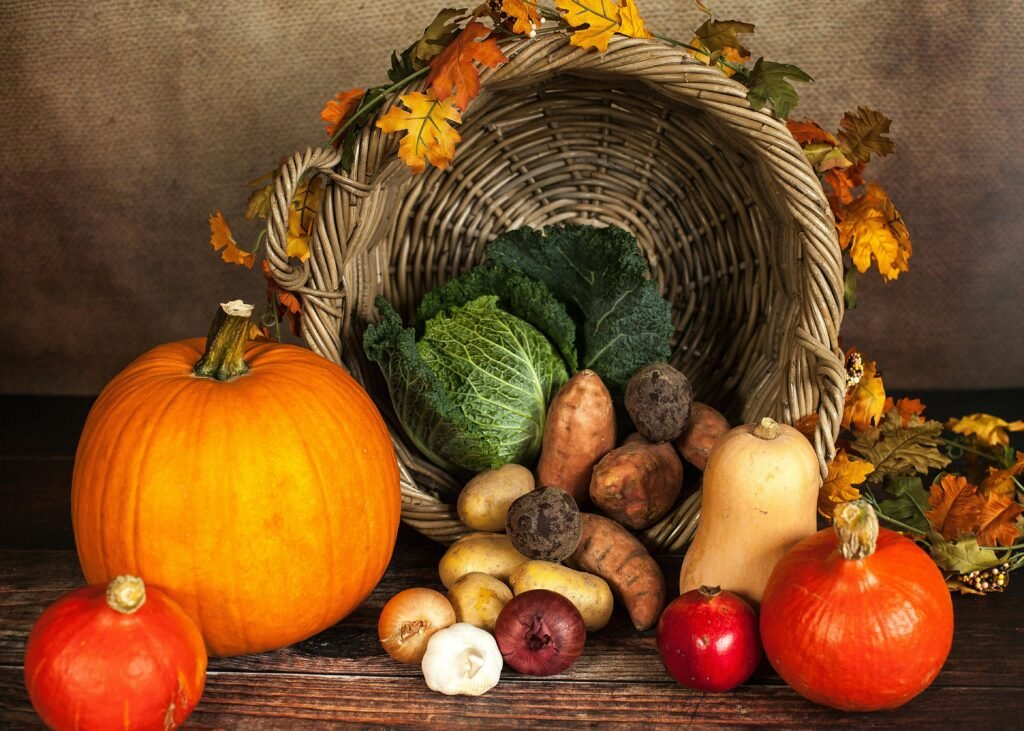It is said that you are what you eat. recently some research has shown that a balanced diet filled with nutritious food can defend against some dangerous and chronic diseases like Diabetes, Heart disease, and obesity.
Did you know some food can help you fight illnesses like the flu? Those foods are known as immune boosters.
Whenever I caught a cold my mother first gave me citrus fruits and chicken soups. Citrus fruits are rich in vitamin C and chicken soups are rich in vitamin B6. Those help my body to defend against invaders.
Let’s learn about superfoods that will help boost your immune system.
You might be curious about, What is the immune system?
The immune system is a complex network of cells, tissues, and organs that work together to defend the body against harmful invaders, such as bacteria, viruses, fungi, and parasites. Its primary function is to recognize and eliminate pathogens and other foreign substances, ensuring the body remains healthy.
When your immune system is robust, your body is more capable of combating illness. Conversely, when your immune system is weakened, you become more susceptible to getting sick.
Now, What are superfoods?
A superfood is a nutrient-rich food that has health benefits. Foods that are rich in antioxidants, vitamins, and fibers and have many health benefits can be called superfoods. The banana is the first superfood in history. The marketing of the United Fruit Company made the banana the first-ever superfood.
10 Foods To Boost Your Immune System
1. Citrus fruits
Popular citrus fruits include:
- grapefruit
- Oranges
- tangerines
- lemons
- limes
- clementines

a.High Vitamin C Content
- Boosts White Blood Cell Production: Vitamin C is essential for the production and function of white blood cells, which are critical for fighting infections.
- Antioxidant Properties: It acts as a powerful antioxidant, protecting cells from damage by free radicals and enhancing the overall immune response.
b.Rich in Antioxidants
- Protective Effect: Besides vitamin C, citrus fruits contain other antioxidants like flavonoids that help reduce inflammation and improve immune function.
- Cell Protection: These antioxidants protect immune cells from oxidative stress, ensuring they function efficiently.
- Barrier Function: Vitamin C aids in the production of collagen, a protein that helps keep the skin healthy and acts as a barrier to prevent pathogens from entering the body.
2. Bell peppers
Bell papers(175gm) contain 3 times more vitamin C than orange(45). They also contain beta-carotene. Vitamin C also helps to maintain healthy skin. Our body converts beta-carotene into vitamin A which helps to keep our eyes and skin healthy.

3. Ginger
Ginger is well-known for its numerous health benefits, including its positive effects on the immune system.
1.Reduction of Inflammation: Ginger contains bioactive compounds like gingerol, shogaol, and paradol, which have potent anti-inflammatory effects. Chronic inflammation can weaken the immune system, so reducing inflammation helps maintain a strong immune defense.
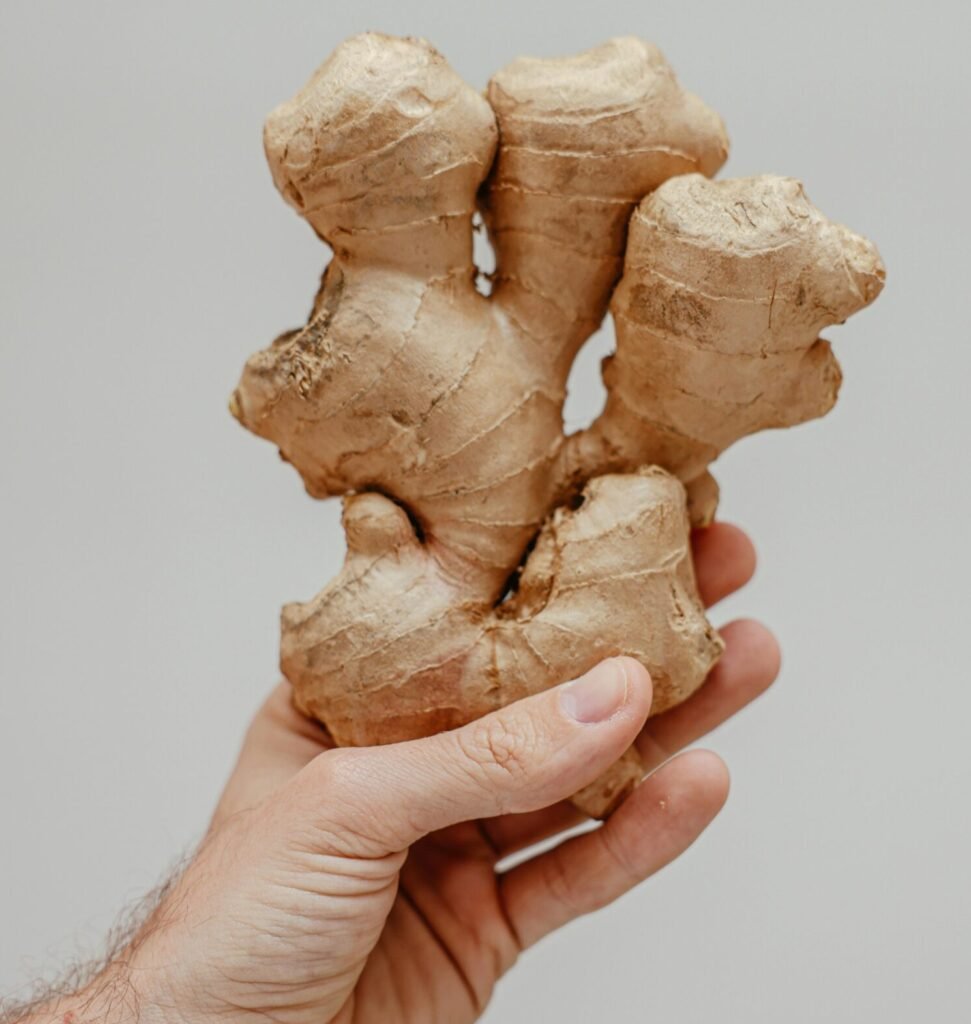
2. Antioxidant Activity:
Protection Against Oxidative Stress: Ginger is rich in antioxidants, which help neutralize free radicals and protect immune cells from damage. This enhances the overall function and efficiency of the immune system.
4. Garlic
Garlic contains compounds such as allicin, ajoene, and sulfur-containing compounds that have potent antimicrobial effects. These compounds can help fight against a variety of pathogens, including bacteria, viruses, and fungi.
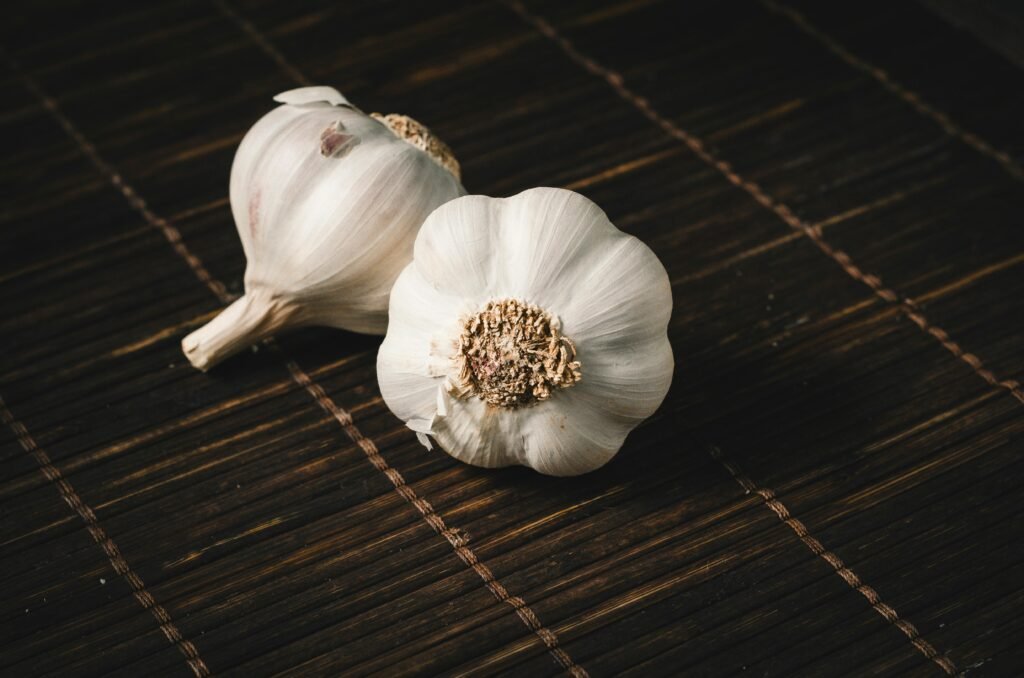
Garlic’s anti-inflammatory properties help reduce inflammation, promoting a healthier immune response.Garlic is rich in antioxidants, which help neutralize free radicals and protect immune cells from oxidative damage.
5. Yogurt
Yogurt supports the immune system primarily through its probiotic content, which promotes a healthy gut microbiome, enhances immune cell function, reduces inflammation, strengthens the intestinal barrier, and supports respiratory health. Additionally, the vitamins and minerals in yogurt contribute to overall immune health. Regular consumption of yogurt can be an effective and delicious way to boost your immune system.
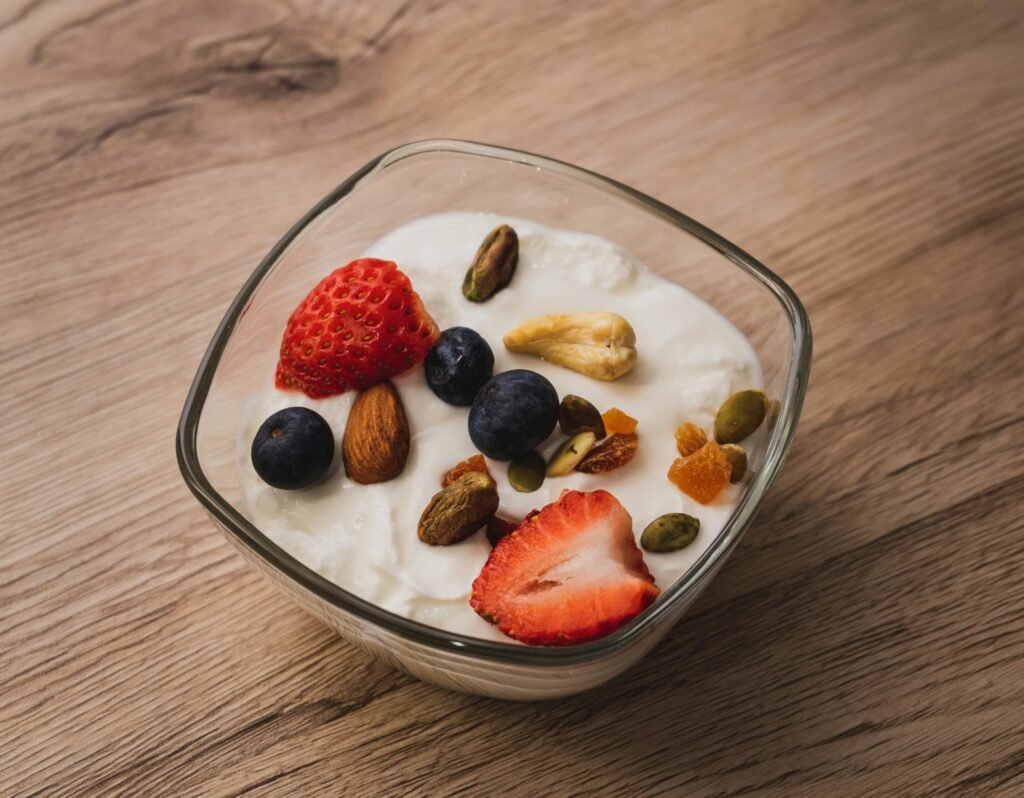
6. Poultry
Chicken and turkey soup contain high amounts of vitamin B6. Vitamin B6 plays a crucial role in numerous chemical reactions within the body and is essential for the production of new, healthy red blood cells.
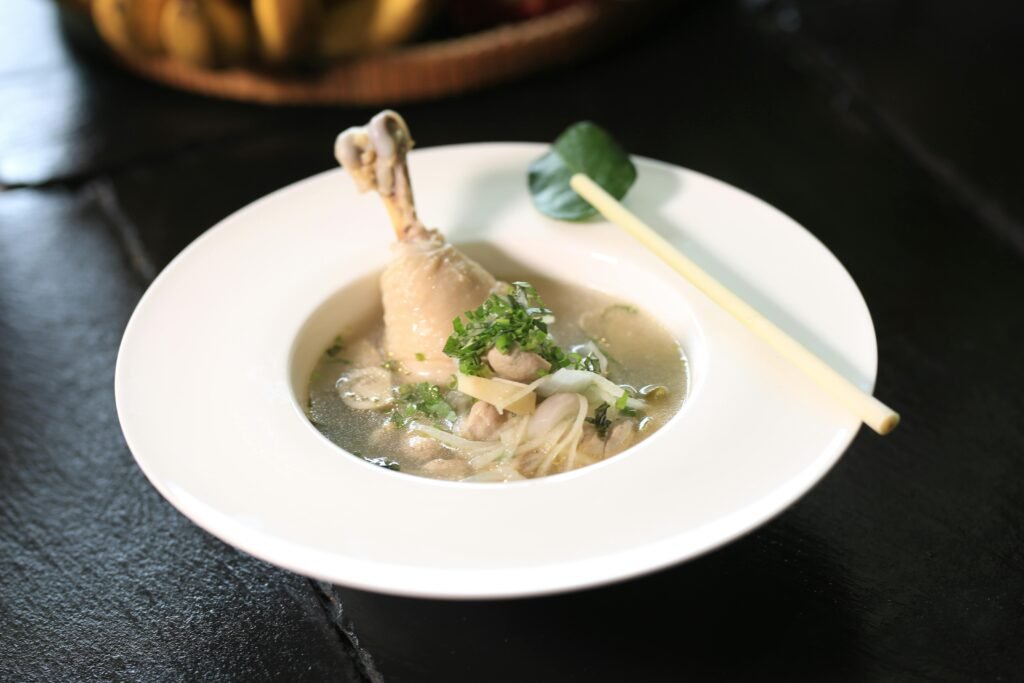
Chicken soup supports the immune system through its anti-inflammatory properties, hydration benefits, rich nutrient content, amino acids like cysteine, and comforting warmth. Ingredients commonly found in chicken soup, such as garlic, onions, herbs, and spices, further contribute to its immune-boosting effects. Regular consumption of homemade chicken soup can be a simple and effective way to enhance your immune health, particularly during cold and flu season.
7. Nuts and seeds
Nuts like almonds and walnuts, as well as seeds such as sunflower seeds, are rich in vitamins and minerals like B6, magnesium, phosphorus, and selenium, all of which help regulate and maintain the immune system. They make for an energy-boosting, healthy snack or a great addition to salads.

8. Kiwi
Kiwis are rich in vitamin C, vitamin E, potassium, and folate. Vitamin C enhances the production and function of white blood cells, helping the body fight infections more effectively. vitamin C also protects immune cells from oxidative damage by neutralizing free radicals.
Kiwi is a good source of folate, which is essential for the production and repair of DNA and RNA.
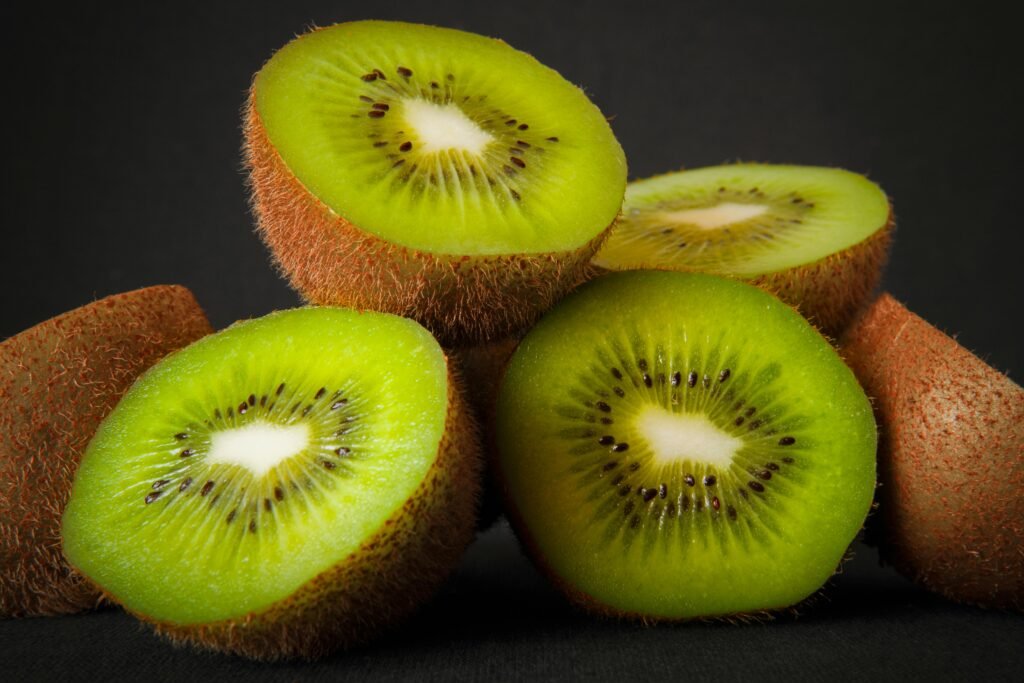
9. Broccoli
Broccoli is loaded with vitamins and minerals. Rich in vitamins A, C, and E, fiber, and numerous other antioxidants, broccoli stands out as one of the healthiest vegetables you can eat. To preserve its nutritional value, cook it minimally or, even better, enjoy it raw. Research indicates that steaming or microwaving are the best methods to retain its nutrients.
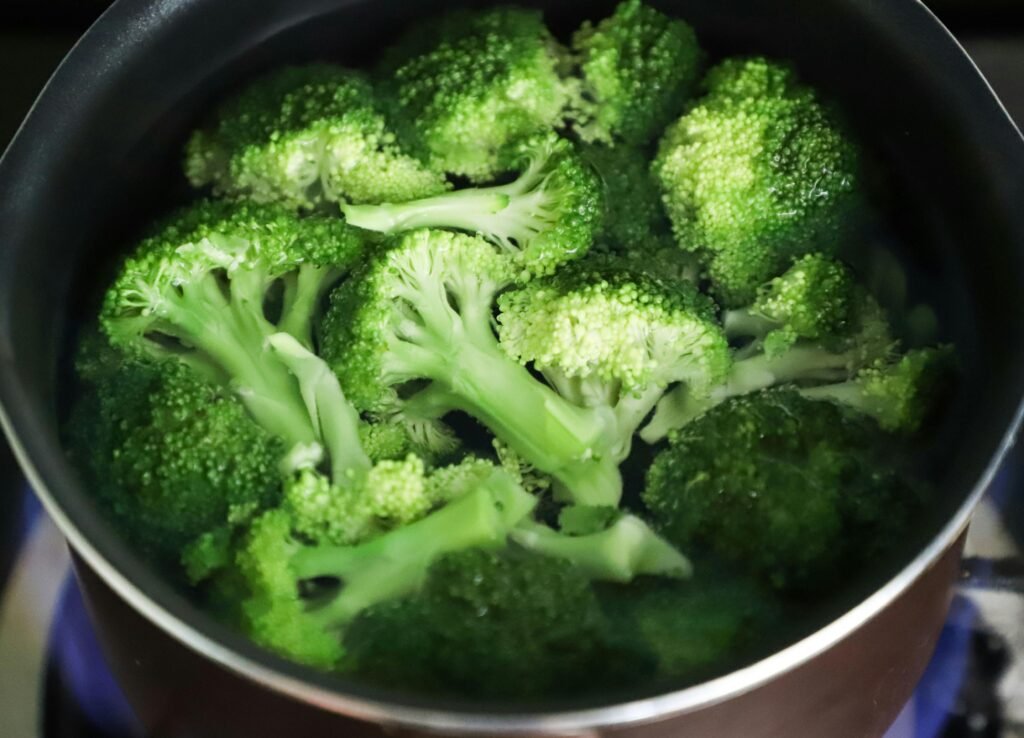
10. Green tea
Green tea is a popular beverage made from the leaves of the Camellia sinensis plant, and it offers various health benefits, including supporting the immune system. Green tea and black tea contain flavonoids.
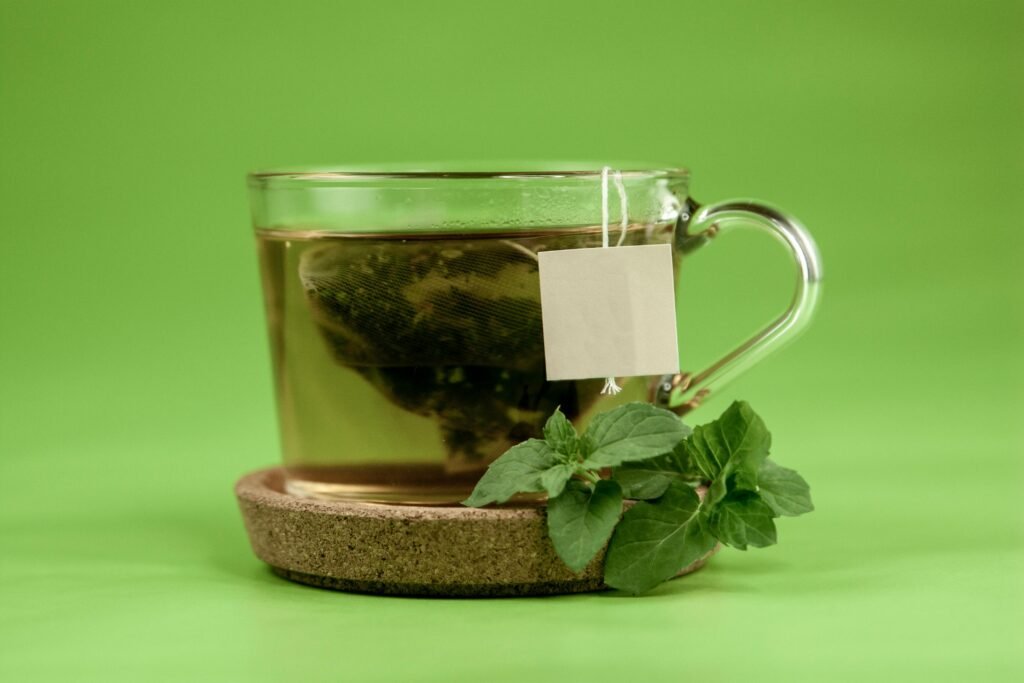
Green tea is rich in antioxidants called catechins, particularly epigallocatechin gallate (EGCG). These antioxidants help neutralize harmful free radicals in the body, protecting cells from damage and supporting overall immune health. The fermentation process black tea goes through destroys a lot of EGCG on the other hand green tea is steamed not fermented. So the EGCG is preserved in green tea.

